So far as I can remember, there is not one word in the Gospels in praise of intelligence
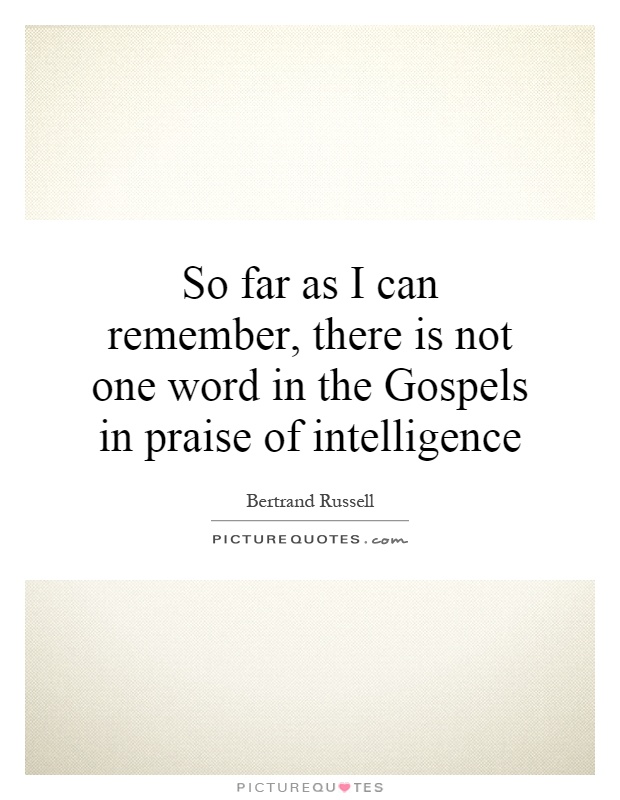
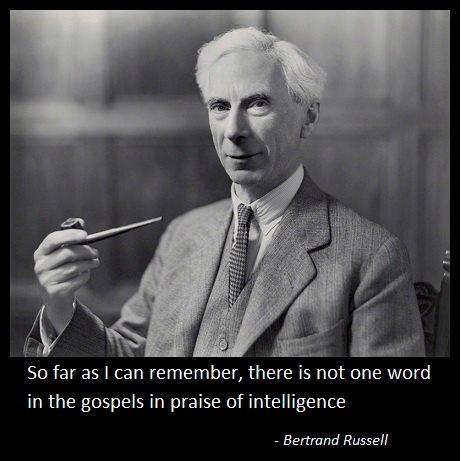
So far as I can remember, there is not one word in the Gospels in praise of intelligence
Bertrand Russell, a renowned philosopher and mathematician, was known for his critical analysis of religion and its teachings. One of his famous quotes, "So far as I can remember, there is not one word in the Gospels in praise of intelligence," reflects his skepticism towards the traditional beliefs and values propagated by religious texts, particularly the Bible.Russell's statement challenges the notion that intelligence is a virtue or a quality to be admired in the eyes of religious teachings. In the Gospels, which are the first four books of the New Testament in the Christian Bible, the emphasis is often placed on faith, humility, and obedience rather than intellectual prowess or critical thinking. This can be seen in the stories of Jesus' disciples, who are portrayed as simple fishermen and tax collectors rather than scholars or intellectuals.
For Russell, this lack of emphasis on intelligence in the Gospels may be seen as a deliberate attempt to discourage questioning and skepticism, which are essential components of critical thinking and intellectual inquiry. Instead, the focus is on blind faith and unquestioning obedience to religious authorities, which can be seen as a way to maintain control and authority over the masses.
Russell's critique of the Gospels can be seen as a reflection of his broader skepticism towards organized religion and its teachings. As a proponent of rationalism and empiricism, Russell believed that beliefs should be based on evidence and reason rather than blind faith or tradition. In his view, intelligence and critical thinking are essential tools for understanding the world and making informed decisions, and should be valued and praised rather than dismissed or ignored.
Overall, Russell's statement highlights the tension between faith and reason, and raises important questions about the role of intelligence in religious belief and practice. By challenging the traditional teachings of the Gospels, Russell encourages us to think critically about the values and beliefs that shape our worldview, and to question authority and tradition in the pursuit of truth and knowledge.
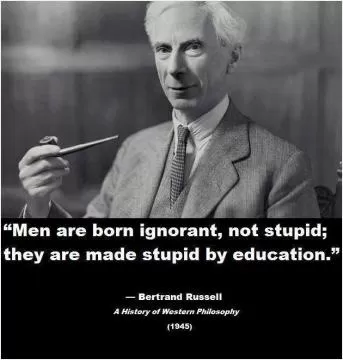

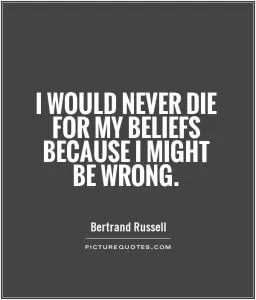
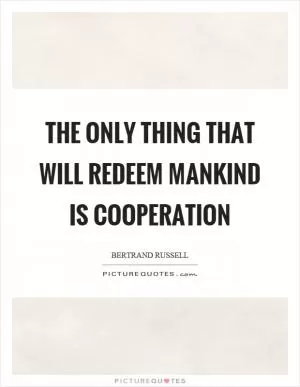




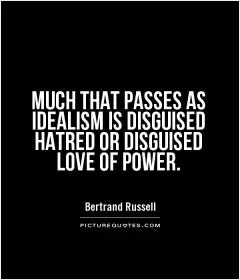
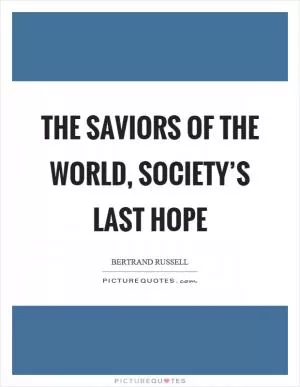


 Friendship Quotes
Friendship Quotes Love Quotes
Love Quotes Life Quotes
Life Quotes Funny Quotes
Funny Quotes Motivational Quotes
Motivational Quotes Inspirational Quotes
Inspirational Quotes